Constitutional Status and Autonomy of the Prosecution Service
A functioning and fair prosecution service is critical to the perceptions and reality of the justice system and judicial independence. This primer identifies and distils key issues, options and considerations based on comparative insights and international norms for the regulation of the prosecution service at the constitutional level. It particularly focuses on the status of the chief prosecutor, who is often the principal subject of constitutional regulation.
The primer is aimed at inspiring and informing the deliberation and decisions of constitution makers, constitutional advisors, international rule of law and democracy-promoting actors, civil society organizations, think tanks and academics on issues related to the constitutional status and regulation of the main aspects of the prosecution service.
Details
Staff author
Contents
1. Introduction
2. What is the issue: Why the prosecution service?
3. Principles and functions of the prosecution service
4. Designing the prosecution service: Constitutional status and autonomy
5. The chief prosecutor
6. Prosecutorial councils
7. Conclusion
8. Examples of constitutional regulations of the prosecution service
References
About the author
About this series
Give us feedback
Do you have a question or feedback about this publication? Leave us your feedback, and we’ll get back to you
Send feedbackConstitutional Status and Autonomy of the Prosecution Service
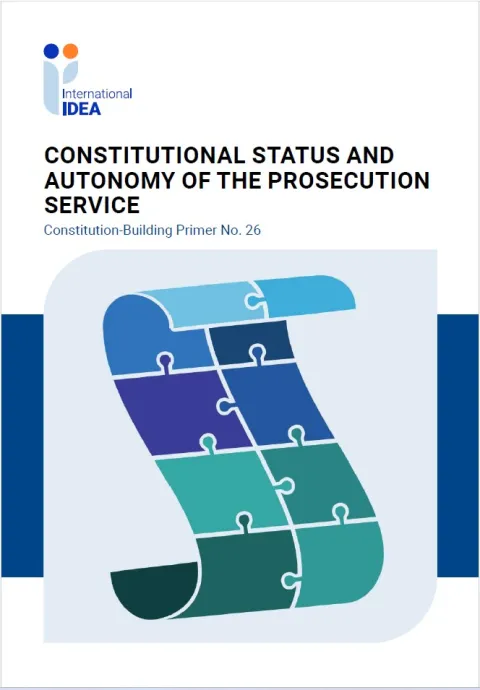
| Total views | 3383 |
|---|---|
| Downloads | 105 |
| Rating |
Staff author
Give us feedback
Do you have a question or feedback about this publication? Leave us your feedback, and we’ll get back to you
Send feedback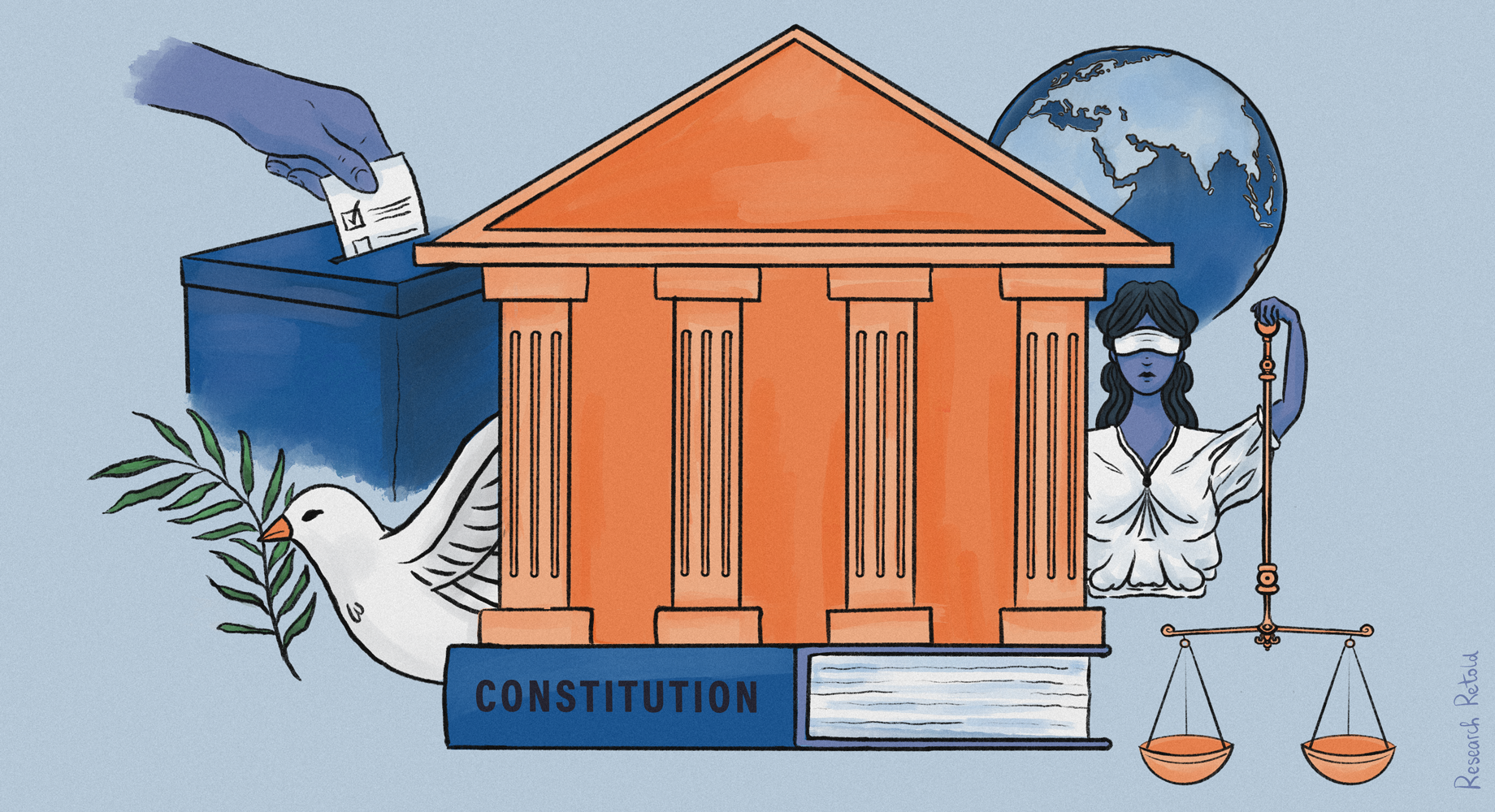

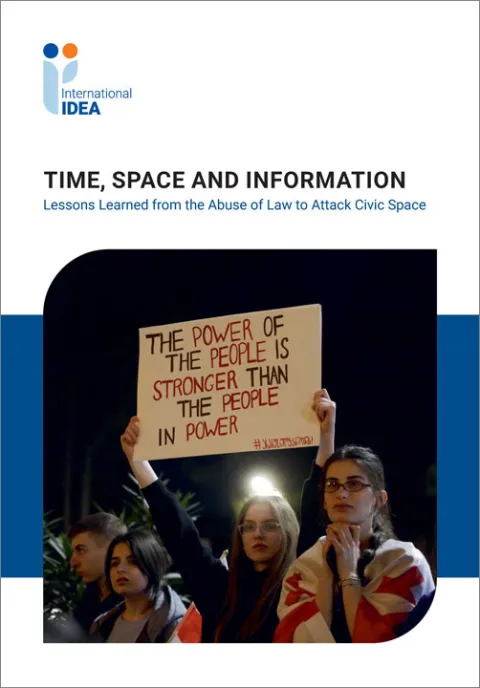
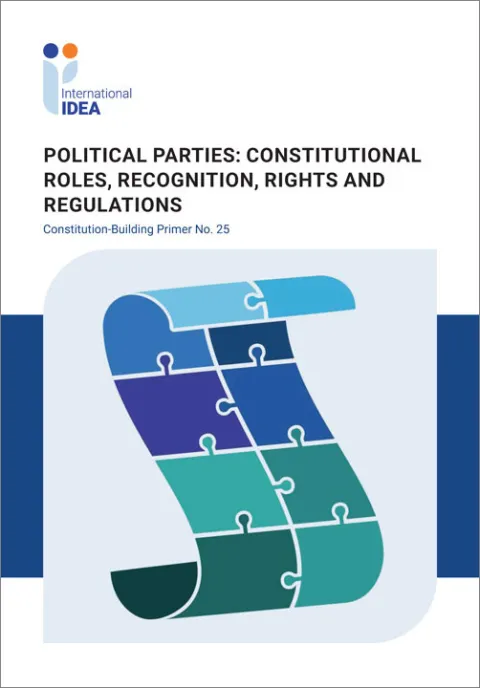
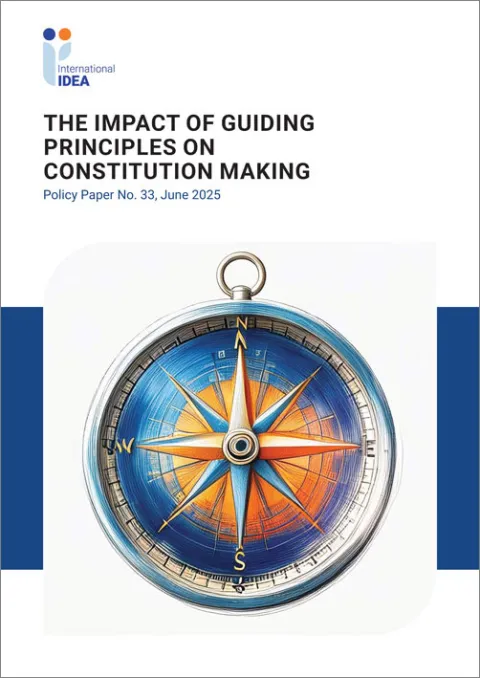

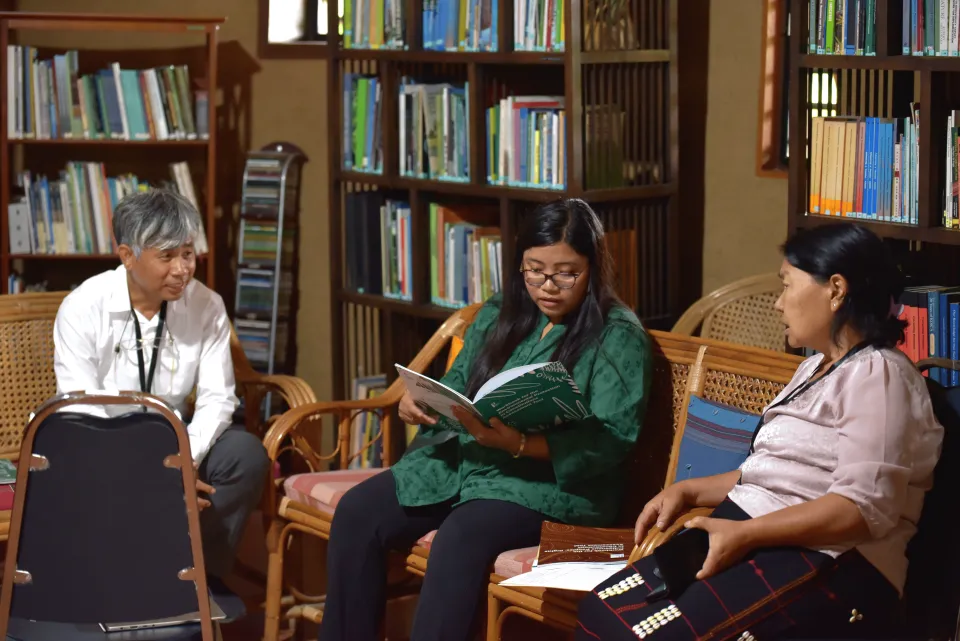
![Dr Fawaz Shareef, Founder of Maldives Centre for Policy Studies; Uza. Aishath Azima Shakoor; Uza. Fathimath Dhiyana Saeed. [Photo: Maldives Centre for Policy Studies]](https://www.idea.int/sites/default/files/styles/webp_480/public/2024-08/WhatsApp%20Image%202024-08-06%20at%2011.48.48.jpeg.webp?itok=pRaNdf-C)




